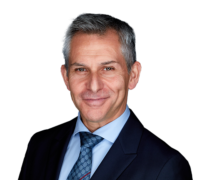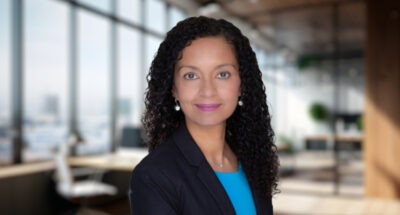The Archegos Capital saga blew up last Friday when Goldman Sachs and Morgan Stanley began winding down huge positions in US and Chinese stocks. It was a response to a failed margin call from an unnamed investment fund, now unveiled as Archegos Capital.
The family office was set up and run by Bill Hwang, an alumnus of the Tiger Management hedge fund with a history; he paid $44m to settle a US insider trading case in 2012, and in 2014 he was banned from trading in Hong Kong for four years. At first blacklisted by banks, they eventually fought to win his once lucrative business.
Archegos had secured billions of dollars in credit from several investment banks using opaque financial derivatives that enabled it to amass massive stakes in companies under the radar. When its highly leveraged bets collapsed, it was hit hard and struggled to stump up enough cash as collateral to cover its margin.
That sparked a fire sale across Wall Street, with the rest of Archegos’ lenders racing to exit their positions or risk running up billions of dollars in losses. As markets around the world scramble to digest the reports, thorny questions are being raised and there are several important lessons in corporate governance and regulatory oversight emerging.

Audio available






